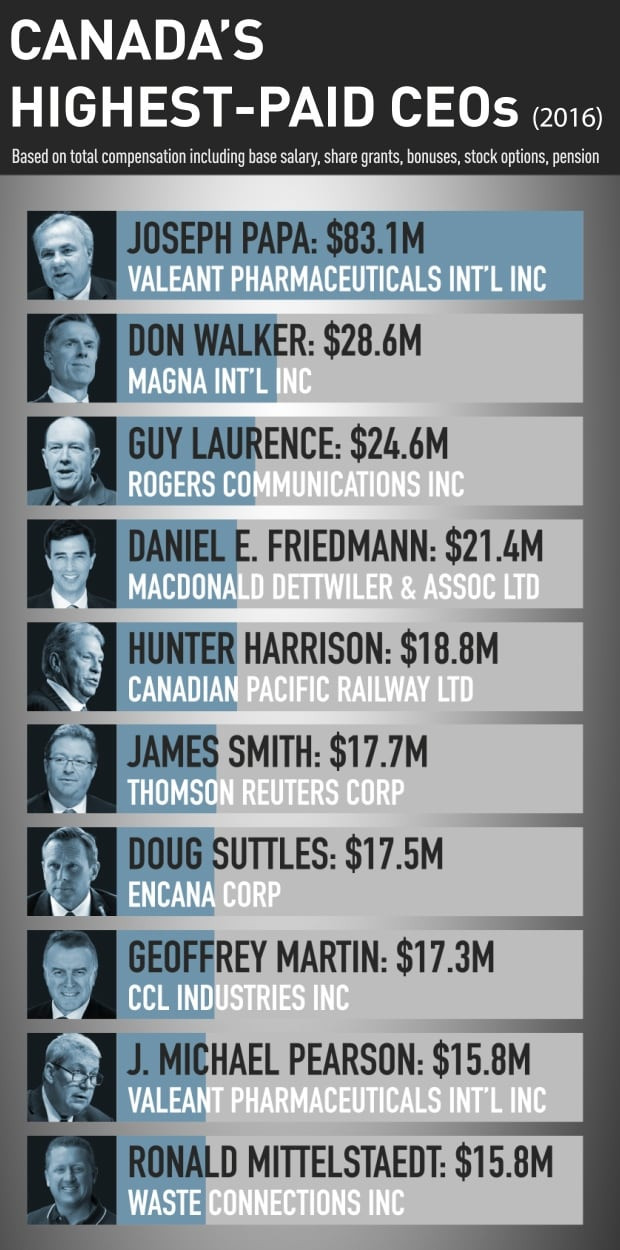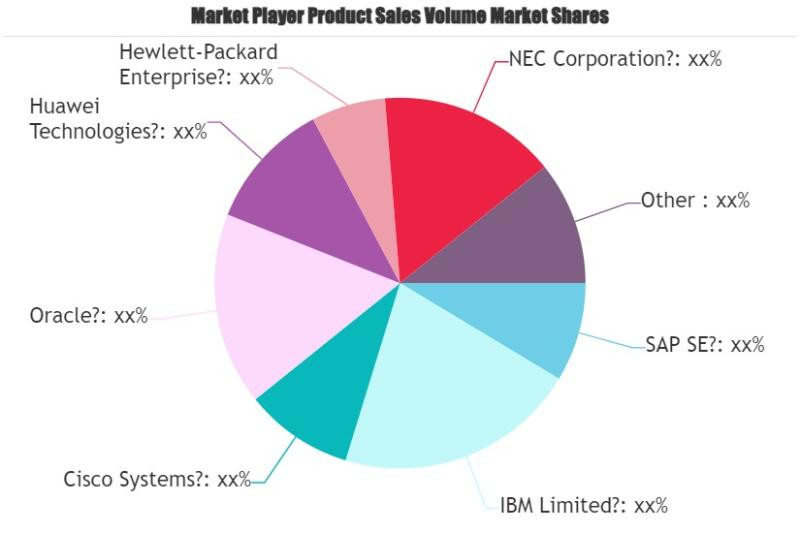Canada's CEO Pay Gap: A 2023 Report
Canada's 100 highest-paid CEOs raked in an average of $13.2 million in 2023, a figure encompassing salaries, bonuses, and other forms of compensation, according to a report by the Canadian Centre for Policy Alternatives (CCPA). This marked the third-highest year for CEO compensation since the CCPA commenced tracking this data in 2007, although it represented a decline from the record-breaking figures of 2021 and 2022.
CEO Compensation Breakdown: More Than Just Salaries
The report highlights that salaries constituted a relatively small portion of the CEOs' total compensation packages. The majority of their earnings stemmed from other compensation sources, including share-based awards and option-based awards. David Macdonald, the report's author and senior economist at the CCPA, notes, "Salaries make up an ever smaller proportion of their overall compensation." In some instances, executives even opted for nominal salaries—a mere dollar—as seen with Tobi Lutke of Shopify and Murray Edwards of Canadian Natural Resources Ltd., both featured in the 2023 list.
Non-Salary Compensation: A Deeper Dive
The three principal components of non-salary compensation are direct share awards (payment in shares rather than cash), cash bonuses, and stock options. Macdonald explains that while bonuses are theoretically performance-based, they often increase regardless of a company's actual performance. The average cash bonus for these CEOs reached $2.3 million in 2023.
The Widening Gap Between CEO and Worker Pay
The report reveals a significant widening of the income gap between CEOs and ordinary workers. In 2023, the top 100 CEOs earned, on average, 210 times more than the average Canadian worker. This contrasts sharply with 1998, when the ratio stood at 104 times. By 10:54 a.m. on January 2nd, 2024, the average CEO on the list had already earned $62,661—the equivalent of an average Canadian worker's annual income.
Gender Disparity and Beyond
The report also touches upon gender representation among the highest-paid CEOs. The vast majority are men, with only three women making the list. Interestingly, these three women earned, on average, more than their male counterparts named Scott (five on the list) and Michael (four on the list).
Worker Pay Gains and Policy Changes
The report isn't entirely negative. It acknowledges substantial wage increases for workers in 2023, partially offsetting inflation. Furthermore, the CCPA has tracked policy changes aimed at narrowing the pay gap. In 2024, changes in the taxation of capital gains aimed to reduce advantages accruing to wealthy executives, such as the increase in the inclusion rate for taxing capital gains to over 66 percent (compared to 100 percent for employment income) for gains above $250,000 for individuals. However, these changes did not influence the 2023 CEO compensation figures, and their full impact will likely take time to materialize, as capital gains taxes only apply upon the sale of assets. The 2021 federal government's cap on the stock option tax deduction at $200,000 per year is, however, noted to have had a visible impact, cutting stock options as a means of CEO pay in half since its implementation.
The Myth of CEO Compensation as Necessary for Attracting Talent
The report directly challenges the assertion that exorbitant CEO compensation is essential for attracting top talent. The reality is considerably more prosaic, Macdonald explains. Over three-quarters of the CEOs on the list were internal promotions, having worked at their respective firms for an average of 21 years. This significantly undermines the argument that these astronomical pay levels are a result of fierce competition for top executives. The report argues that these findings expose the fallacy of such justifications.
Recommendations for Bridging the Pay Gap
The report advocates for a wealth tax on Canadians with assets exceeding $10 million, potentially generating $32 billion in annual revenue. This is described as a more direct solution compared to tackling stock options or capital gains taxation. The report also recommends raising top marginal tax brackets, emphasizing that Canada's historical marginal tax rates for the wealthiest were significantly higher, reaching the 70 percent range in the postwar era. These are significantly higher than the current approximate 50 percent rate.
The Bottom Line: A Call for Action
The report serves as a wake-up call, highlighting the extreme disparity in compensation between Canada's highest-paid CEOs and the average worker. The report's findings raise important questions about fairness, economic inequality, and the need for policy interventions to address this growing divide. The data underscores the necessity for comprehensive policy solutions to mitigate the widening gap and promote a more equitable distribution of wealth within Canadian society. The future will tell whether these recommendations will be acted upon and what their impact will be, but for now, the data speaks volumes about the existing state of affairs.

















